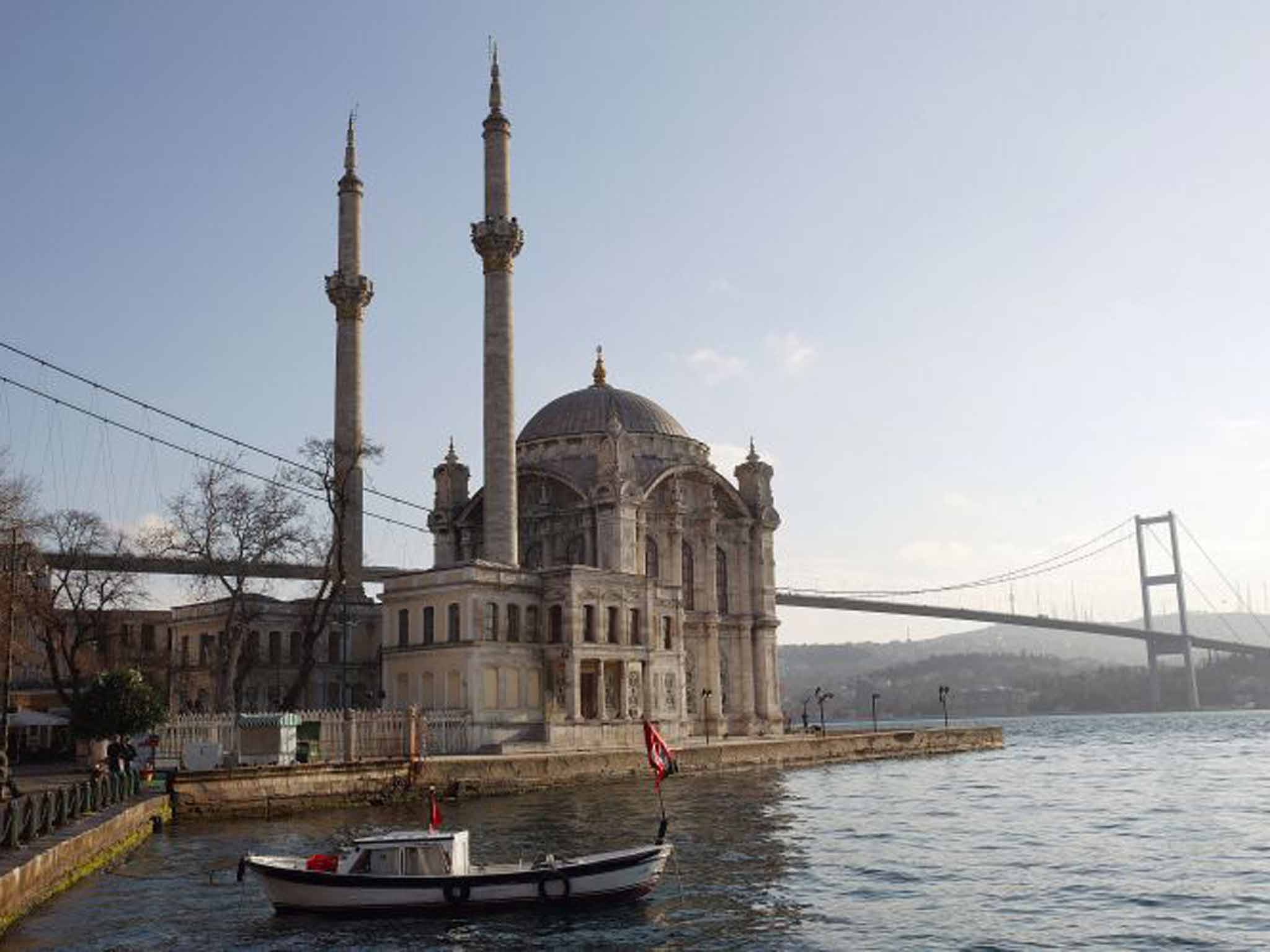Should the terror threat make me change my summer holiday plans? Odds are, it won't
After 9/11 atrocitities more Americans chose to drive instead of taking a flight, which resulted in a spike in road traffic deaths. Psychological 'dread risk' can lead us to make bizarre calculations


Our household’s holiday plans are in disarray. We have an all-inclusive break in Turkey booked for June. But as well-informed Independent readers will be well aware there has been a spike in terror attacks in the country. So conversations around the Chu family dinner table have been dominated by a single theme lately: should we cancel? It’s a decision that would have economic consequences. A trawl through the small print of our contract suggests the potential loss of the entire £450 deposit.
But how big is the terror risk in Turkey? Tourists have not been the primary target so far, but they have been affected. Twelve German tourists were killed by a suicide bomber in Istanbul in January. That’s a tiny fraction of the 5.5 million German tourists who visited Turkey last year. It’s an even tinier fraction of the 36 million tourists of all nationalities who went to the country in 2015.
Of course things could get worse. More attacks are threatened. Tourists could well be directly targeted, as they were in Tunisia last June. But even if Isis or the Kurdistan Workers’ Party perpetrated a spectacular 9/11-style attack atrocity, killing around 3,000 tourists, the proportion of the total number of foreign visitors killed would still be tiny. It would take the odds of dying to around 1 in 12,000.
The probability of perishing in a terror attack in Turkey would even then be smaller than dying in Turkey in a road traffic accident (around 1 in 8,000) , of dying after choking to death on food here in Britain (around 1 in 4,000).
These kinds of calculations, of course, miss the point. Psychologically, terrorism is a very different sort of risk. It is hazard that is out of the ordinary and it (generally) hurts a lot of people simultaneously. This means that it scrambles our normal risk-benefit calculations. No one stops driving to work because they see a newspaper report of a car crash on the M25. But we do change our holiday plans when we see reports of terror attacks.
Psychologists talk of “dread risk”. This refers to very low probability, but high impact, hazards such as terrorism. Some speculate that it dates from the time when we were hunter-gatherers. A large cluster of deaths could wipe out the entire tribe. So our brains are conditioned to react in an extreme manner at even the hint of any hazard that could involve multiple simultaneous casualties.
In an objective sense it’s not rational behaviour. After the 9/11 atrocitities in the US there was a surge in Americans driving, rather than taking the plane. This led to a spike of road traffic deaths. The spike may have been higher than the number of people who died in the Twin Towers.
But there’s no point saying people should stop being so silly. I know all these probabilities but I’m still seriously considering taking the cancellation charge hit and rebooking somewhere in Europe. It’s not just dread risk. It’s the fear of regret. What if something unspeakable does happen to my family when we’re away? How cosmically awful will I feel if I’ve put my family in the path of such a heinous form of danger? Just imagine what people would say about me. My mum frowned when I told here where we were planning to go in June. “I wouldn’t take my family there!” she exclaimed. Imagine that same judgement on me but multiplied by many millions if the worst did happen. The urge to cancel is also based on an understanding of my own psychology. I suspect that I’ll be constantly worrying if we go. I have to put a value on avoiding that worry. Maybe it’s as high as £450.
No matter that the risk was small. Terror magnifies it. Of course this means the terrorists “win”. The blameless Turkish tourist workers lose their livelihoods. And I lose £450. It’s psychological leverage from the terrorists – but it’s devastatingly effective trick. Incidentally, it doesn’t help when excitable commentators and politicians talk about a “war” with the terrorists, which only accentuates the dread risk factor in the public’s minds.
But in the long term perhaps the terror-peddlers don’t win. One of the strangest things that resulted from last week’s suicide bombings in Belgium was that both my wife and I suddenly felt slightly better about the Turkish holiday. Why? Because the attack reinforced the sense that terrorism can happen “here” as well as “there”. And that you’re not necessarily being grossly irresponsible by going on holiday to a spot where there have been attacks. Plus the dread risk is connected to the rarity of the event. The more frequent the depraved attacks on civilians, the smaller the psychological shock of each additional atrocity. I remember in the wake of the 2005 London tube bombings being nervous whenever I stepped onto the underground. Now I don’t worry at all. The risk is probably much the same. But it’s much more pleasant not constantly worrying.
“Keep calm and carry on” is, of course, one of the banes of modern existence. Yet that maddeningly ubiquitous and trite slogan really does represent the best way to defeat the brainwashed psychopaths who would like to scare us into changing our holiday plans and everything else. If we shut out the dread risk and plough on, the terrorists lose. They have their psychological tricks. But we have ours too.
Join our commenting forum
Join thought-provoking conversations, follow other Independent readers and see their replies
Comments
Bookmark popover
Removed from bookmarks